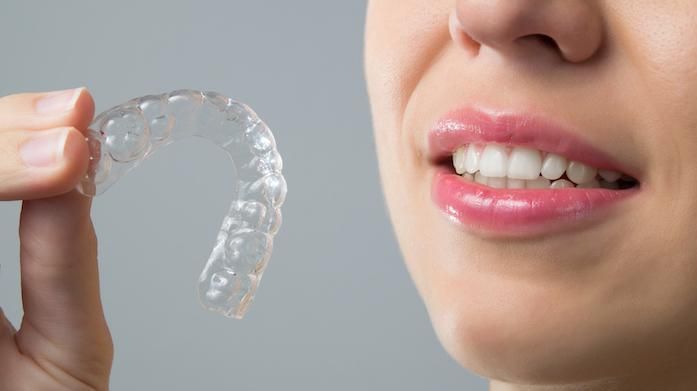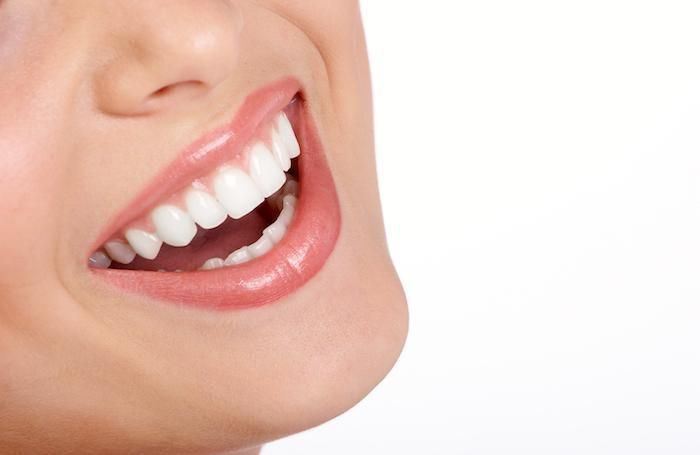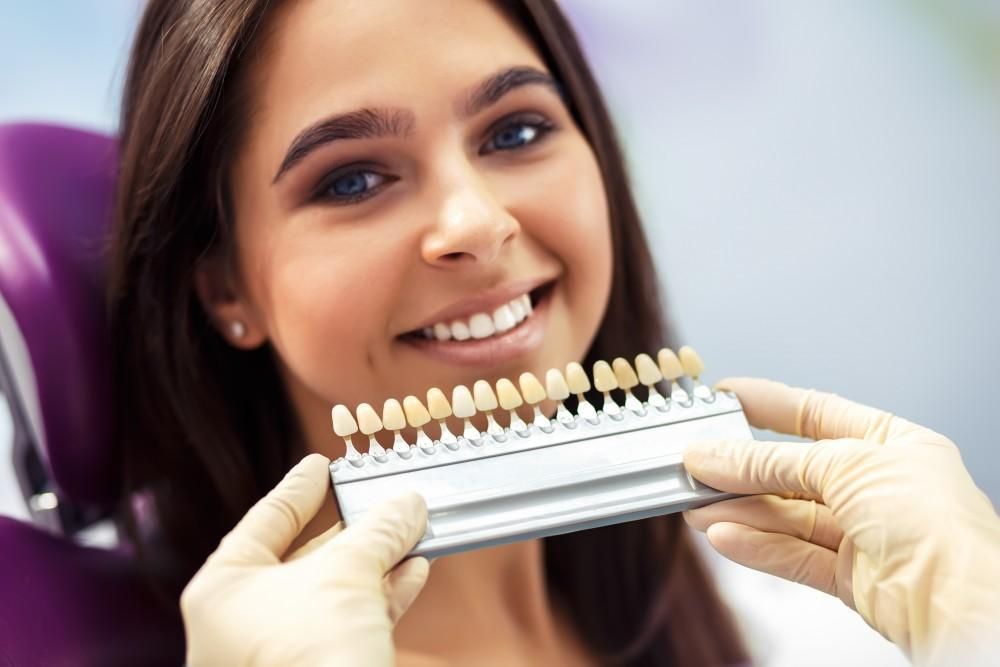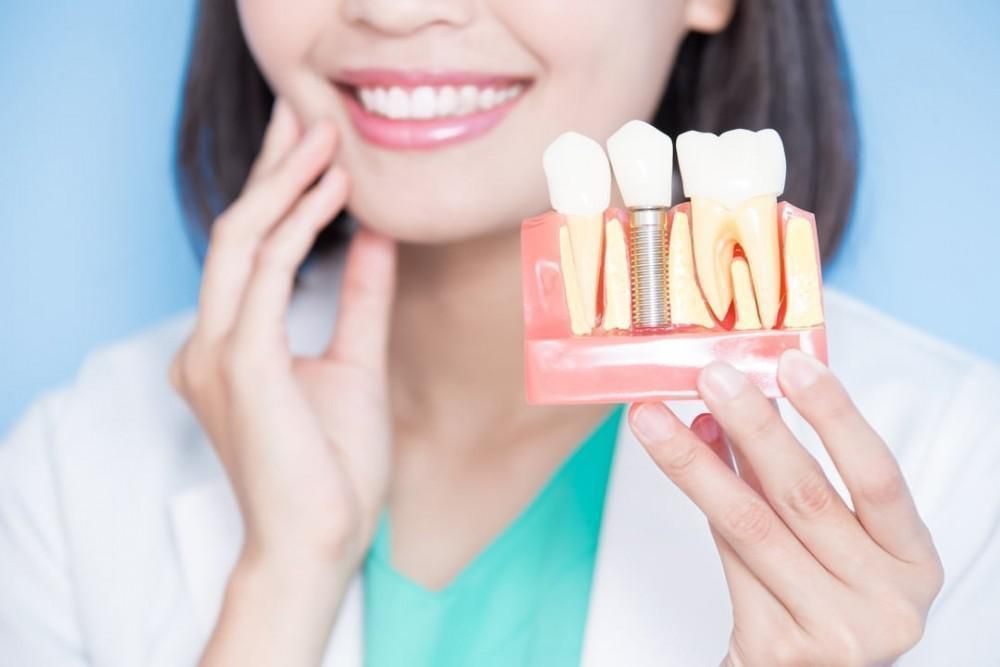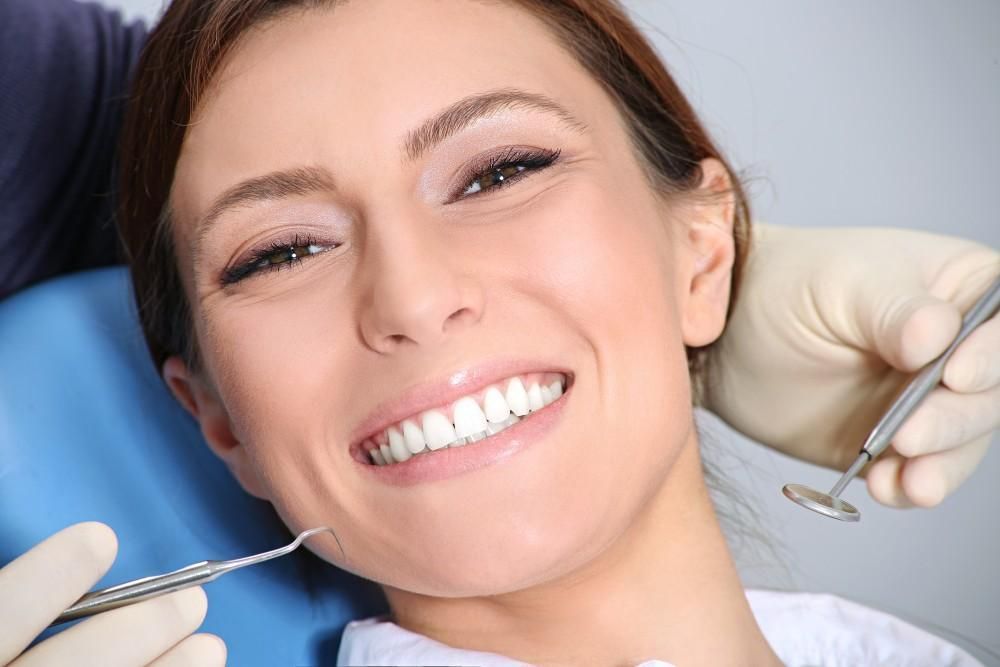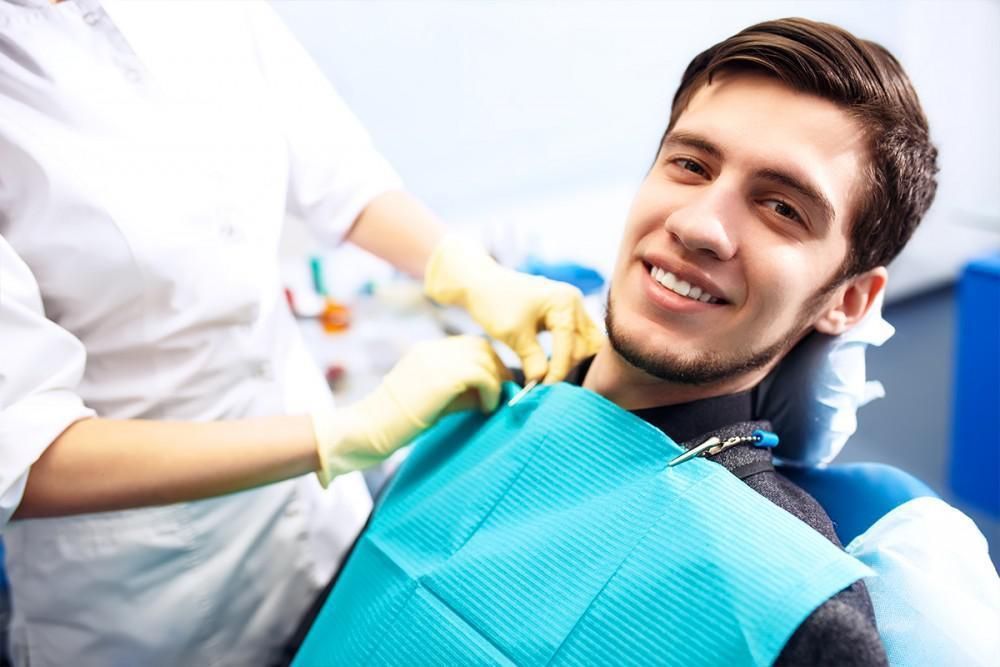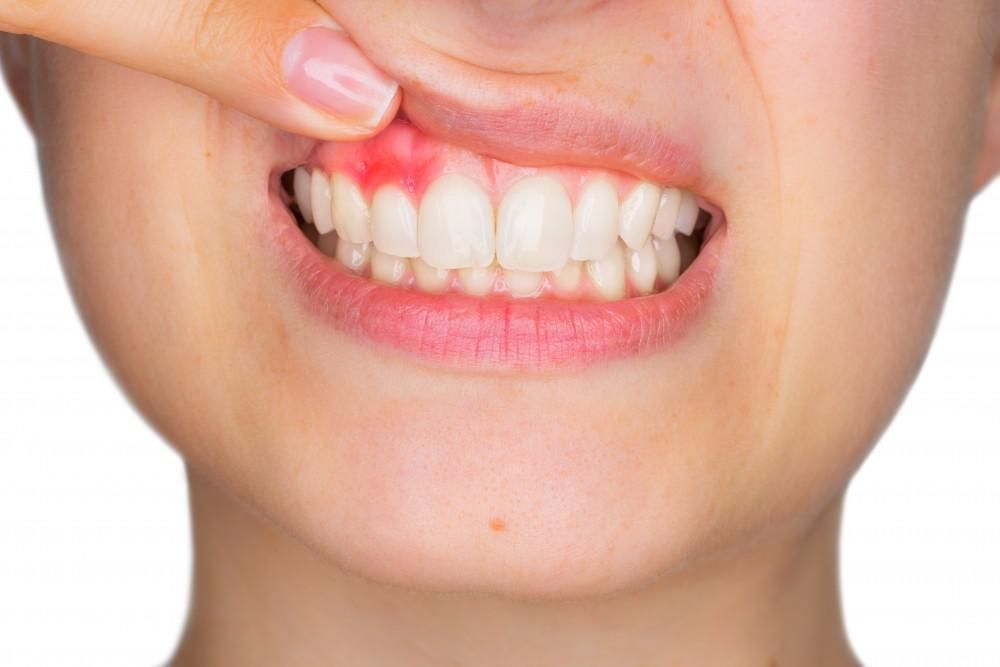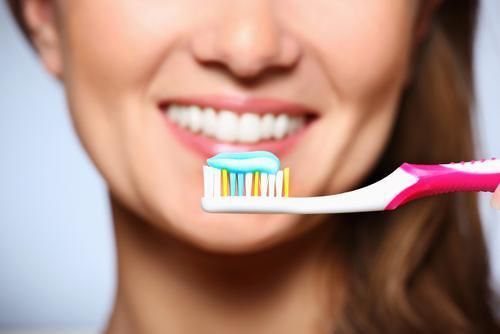Signs You're Grinding Your Teeth and Don't Even Know It
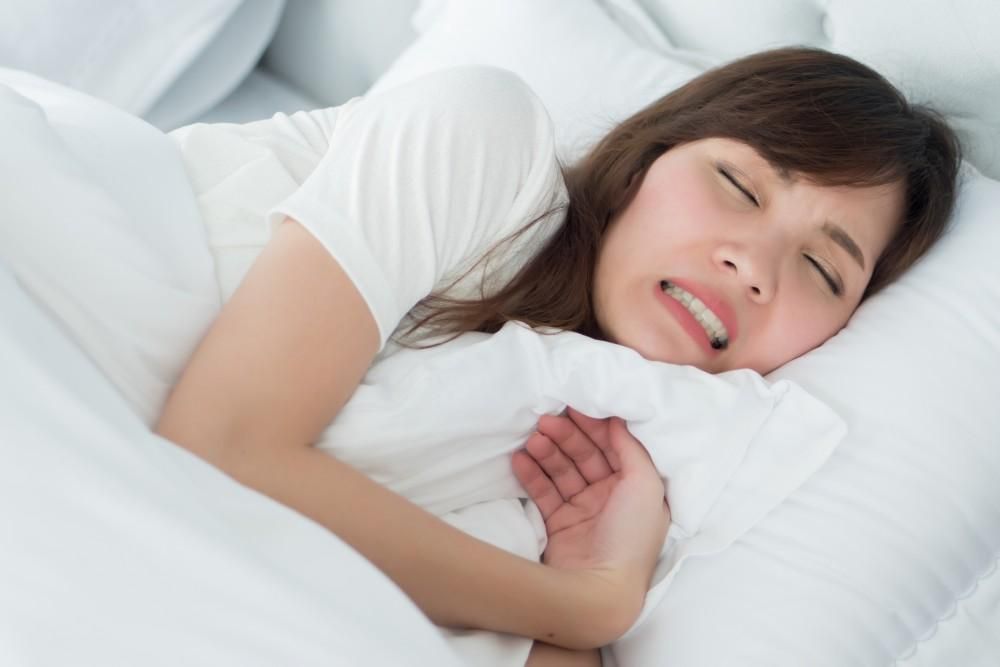
Teeth grinding is common. Also known as bruxism, it can cause problems such as jaw pain, headaches, and damaged teeth and jaws. And you might not even know you’re doing it. Many people grind their teeth while asleep. Waking up with certain symptoms could be a clue.
At Greenwich Dentistry in Greenwich, Connecticut, our experts see firsthand the signs of bruxism. Here, they share some common ones, so you can get the treatment you need.
What’s bruxism?
It’s common to clench or gnash your teeth at times of high stress or anger. But if you grind your teeth throughout the day or night, you might do serious damage to your choppers.
Grinding your teeth at night is called sleep bruxism, which might be accompanied by sleep apnea (interrupted breathing during sleep). Routinely grinding your teeth when awake could relate to stress or anger.
Either way, you might not realize you’re grinding away at your pearly whites.
5 signs of teeth grinding
Knowing you’re a teeth grinder is the first step toward protecting your teeth. Here are some common symptoms.
Damaged teeth
Regularly grinding or clenching your teeth can flatten them, damage the protective enamel, and even cause a fracture. Tooth enamel keeps your teeth healthy when intact; if damaged, it can lead to tooth sensitivity.
Teeth grinding can also impact fillings, crowns, and other dental work. Regular teeth cleanings are the first line of defense against such outcomes.
Teeth sensitivity
Underneath your tooth enamel is a softer material called dentin. Dentin has minuscule tubes leading to the nerves of your teeth. If your enamel is worn down and exposes the dentin, your teeth can be highly sensitive to hot, cold, or acidic foods or drinks.
Jaw pain
Teeth grinding can cause jaw soreness because you’re overworking the muscles. In extreme cases, teeth grinding can lead to temporomandibular joint dysfunction or TMJ. TMJ can make your jaw tender, so it hurts to eat or speak.
Headaches
Waking up often with a headache can indicate bruxism. Imagine spending the night gritting or grinding your teeth and the tension that could cause. People have described this feeling as a tension headache, a common symptom of teeth grinding.
Earaches
The ears are close to the jaws, so teeth grinding can affect them too. Repetitive grinding creates tension in the jaws and head. That might show up as ear pain or a ringing in your ear.
How to stop grinding your teeth
After we evaluate your teeth, we ask a few questions about your lifestyle and sleep habits. In some cases, we recommend a mouthguard to protect your teeth while you sleep.
Sometimes, the root cause of teeth grinding is an abnormal bite or misaligned teeth, and we might recommend an orthodontic solution, Invisalign®.
Psychological or sleep problems like sleep apnea can cause teeth grinding. Stress management tools like exercising or therapy can help, as can treatment for sleep apnea.
Don’t let bruxism damage your teeth. If you regularly experience any of the above symptoms, Greenwich Dentistry can help. Call our Cos Cob office to schedule your appointment today.
